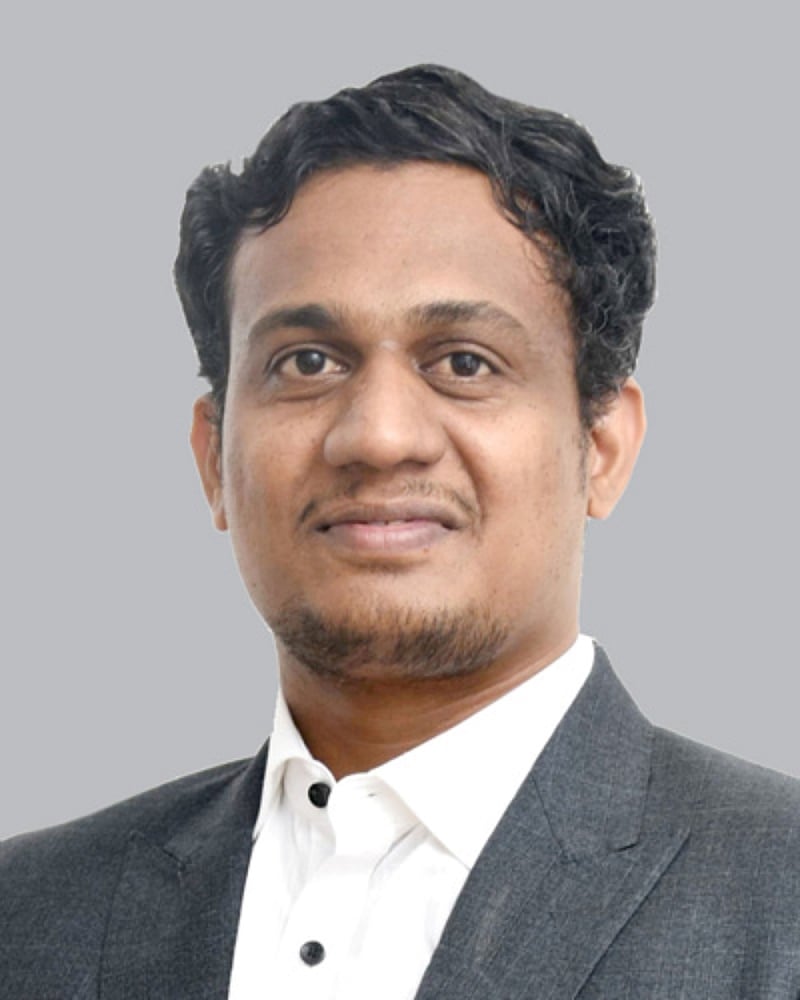Non-alcoholic fatty liver disease (NAFLD) is a growing health concern, particularly in regions like India where lifestyle and dietary habits contribute to its prevalence. Characterized by the accumulation of excess fat in the liver, NAFLD is often misunderstood, shrouded in myths that hinder early diagnosis and intervention. Contrary to popular belief, NAFLD is not exclusive to those who consume alcohol. In fact, the most common form, aptly named non-alcoholic fatty liver disease, stems from factors like obesity, diabetes, insulin resistance, and high cholesterol, all increasingly common in today’s world. This distinction is crucial, as attributing fatty liver disease solely to alcohol consumption can lead to delayed diagnosis and treatment for those who develop the condition due to other factors.
Another misconception is the notion that dietary fat is the primary driver of fatty liver disease. Ironically, it’s not fat itself, but the overconsumption of refined carbohydrates and added sugars, especially fructose, that contributes significantly to the accumulation of fat in the liver. Foods rich in these simple sugars, such as white rice, white bread, sugary drinks, and processed foods, overload the liver with glucose, which is subsequently converted into fat. Understanding this connection is fundamental to making informed dietary choices that support liver health. Focusing on complex carbohydrates, lean protein, and healthy fats, while minimizing processed foods and sugary drinks, can significantly impact liver health.
Far from being a harmless condition, fatty liver disease, if left unaddressed, can escalate into more severe liver problems. While in its early stages, fatty liver can be reversible, prolonged neglect can lead to non-alcoholic steatohepatitis (NASH), characterized by liver inflammation. Over time, this inflammation can cause scarring (fibrosis), leading to irreversible liver damage, cirrhosis, and even liver cancer. The asymptomatic nature of early-stage fatty liver disease underscores the importance of routine health check-ups and liver function tests, particularly for those with risk factors like obesity, diabetes, or a family history of liver disease. Early detection plays a vital role in preventing disease progression and mitigating the risk of serious complications.
The pervasive myth that fatty liver disease only affects overweight individuals needs debunking. While obesity is a significant risk factor, lean individuals, particularly those of South Asian descent, are not immune. Genetic predisposition and lifestyle factors can contribute to poor liver health even in individuals with a normal body mass index (BMI). This emphasizes the importance of focusing on metabolic health rather than solely on weight or appearance. Regular physical activity, a balanced diet rich in whole foods, and managing blood sugar and cholesterol levels are crucial for maintaining liver health regardless of body weight.
Contrary to the belief that fatty liver disease is irreversible, particularly in its early stages, lifestyle modifications can significantly reverse the condition. A balanced diet rich in whole grains, lean proteins, fruits, and vegetables, coupled with regular physical activity and weight management (even a 5-10% reduction in body weight), can dramatically improve liver health. Managing blood sugar and cholesterol levels also plays a critical role in reversing fatty liver disease. Adopting a holistic approach to lifestyle changes is far more effective than relying on medications alone, especially in the early stages of the disease.
While medications may be necessary for advanced cases of fatty liver disease, they are not the first line of defense. The cornerstone of treatment remains lifestyle modification, focusing on diet, exercise, and weight management. There is no “magic pill” for fatty liver disease; sustainable lifestyle changes offer the most effective long-term solution. While medications may be prescribed for certain patients with advanced disease or specific complications, they are not a substitute for a healthy lifestyle. Consulting with a hepatologist or healthcare professional is essential for developing a personalized treatment plan that addresses individual needs and disease progression. Early detection and proactive lifestyle changes are paramount for effectively managing and often reversing this increasingly prevalent condition.


